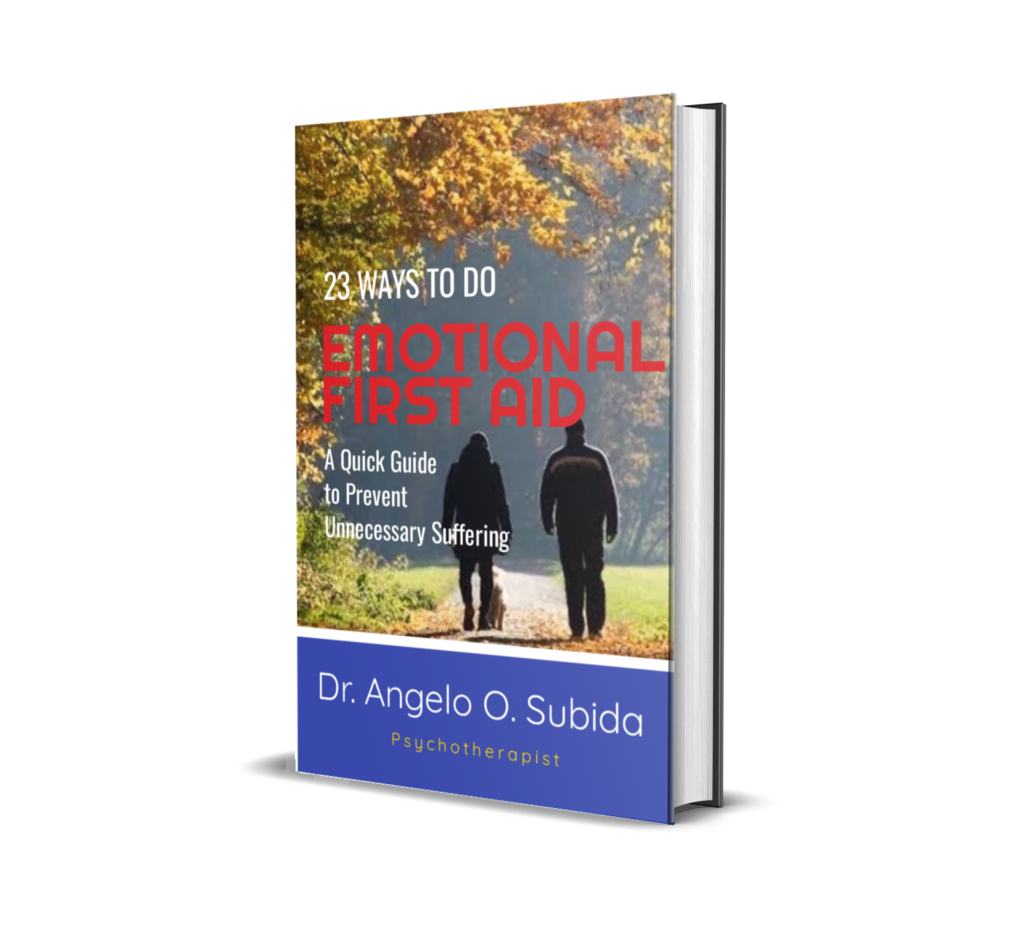Understanding psychological PTSD is basic to therapy – both for the therapist and patient.
In his bestselling book, “Healing the Child Within,” Dr. Charles L. Whitfield writes:
“I believe, as do others, that growing up, or living in a seriously troubled or dysfunctional family or similar environment often brings about or is associated with PTSD. The PTSD is said to be more damaging and more difficult to treat if: 1.) the traumas occurred over a prolonged period of time, i.e. longer than 6 months; and especially so if 2.) the traumas are of human origin; and if 3.) those around the affected person tend to deny the existence of the stressor or the stress.”
Trauma, as defined by Webster, is “a painful emotional experience or shock, often producing a lasting psychic effect.”
The lasting psychic effects constitute a medical condition known as post-traumatic stress disorder (PTSD).
Elisa, 28, suffered deep trauma – emotional, mental, and physical battering of sexual abuse from her cousin since she’s 6.
It was consistently traumatic. She hid it from her ailing parents. And there’s nobody around her to help her sort it out.
When we were in-session several times, Elisa evidently manifested a number of lingering symptoms of PTSD.
One was reliving of the trauma of her abused, isolated, lonely childhood with me during our sessions.
Through recurring flashbacks, dreams, and fears, the painful reminders made her anxious and disturbed all over again.
She’d feel a number of things, such as constriction of emotions, an inability to identify which feelings are present, and a sense of being cut off from others and one’s surroundings.
When I asked how she could hid it for so long, Elisa responded, saying “I just numbed it. It didn’t happen.”
The resulting “split” is typical among PTSD victims.
This “split” between one’s self and one’s experience does not heal instantly, readily, or easily.
Unlike other types of wounds, it does not gradually disappear with the passage of time.
It needs an “active deep process,” which Elisa is having right now, in order for healing and recovery to take place.

“By understanding more precisely what happened to you psychologically when you were younger, you can appreciate more fully why you, like other Adult Children, continue to operate on a survival level. This understanding can then help you move beyond survival to greater freedom.”— Dr. Steven Farmer
It’s basic. Understanding psychological PTSD. A first step in recovery.
MyOnlinePsychotherapyPh.Com
#psychologicalptsd#psychotherapistmanila#onlinepsychotherapycounseling



2 comments